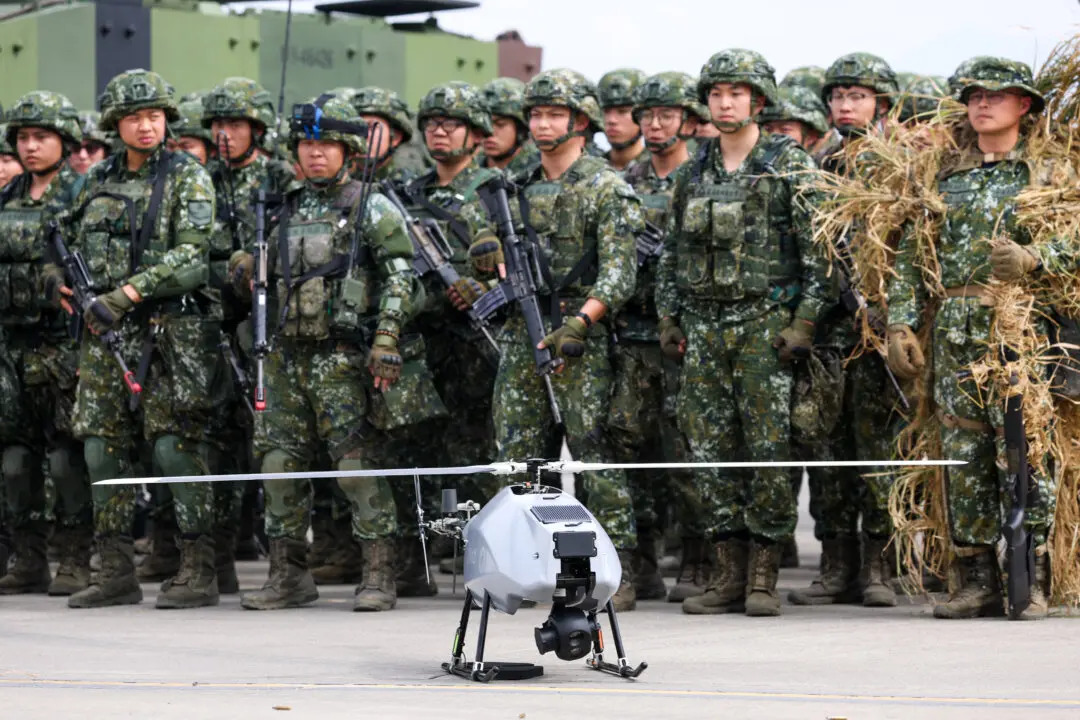U.S. Sens. Mark R. Warner (D-Va.) and Marco Rubio (R-Fla.) have jointly penned a letter calling for a public report on the possible threats facing U.S companies due to Beijing’s participation in 5G international standard-setting organizations.
The Feb. 27 letter, addressed to Director of National Intelligence Dan Coats, called for a detailed and unclassified report from the U.S. intelligence community, given that Chinese influence in international standard-setting bodies (ISSBs) for the next-generation of 5G wireless technology “is not fully appreciated.”
The senators made a list of issues that would need be addressed in the hypothetical report, including: “Specific examples and case studies of attempts by China and other foreign adversaries to exert pressure or political influence within the ISSBs or at major telecommunication conferences to secure standards that are favorable to Chinese companies and patent holders, or that might introduce deficiencies into 5G networks.”
Setting Standards
5G standards are currently being decided by international bodies such as the 3rd Generation Partnership Project (3GPP), which unites seven telecommunications standards development organizations. Another example is the International Telecommunication Union (ITU), an agency under the United Nations that is responsible for coordinating global telecommunication operations and services.
The senators wished to know what the implications would be for U.S. “economic and security interests” should China lead in setting 5G standards.
Currently, Chinese tech giant Huawei and its domestic competitor, ZTE, own roughly 10 percent of the 1,450 5G patents filed, compared to U.S. tech firm Qualcomm’s 15 percent, Nokia’s 11 percent, and Ericsson’s 8 percent, according to a 2018 report by the U.S.–China Economic and Security Review Commission (USCC), which is tasked to monitor the national security implications of Sino–U.S. trade.Experts have previously noted that by becoming the international standard, Chinese companies could pocket lucrative licensing fees from mobile service providers and governments that use their 5G technology.
The senators also noted that the Senate Select Committee on Intelligence—where Warner is the vice chairman and Rubio is a member—had heard “anecdotal concerns that China is attempting to exert pressure or political influence in the ISSB.”
The U.S. think tank Center for Strategic and International Studies released a December 2018 report in which it detailed several examples of such pressure.
On one occasion, the Chinese regime pressured Chinese companies to back a type of technology for which Huawei holds most of the core patents—known as polar codes—instead of more mature competing technologies pioneered by Qualcomm and other Western firms. A standoff ensued, which ultimately ended with the majority of companies voting in favor of polar codes. This means all 5G mobile cellular technology will employ the polar codes.
In another instance, Chinese computer manufacturer Lenovo voted in favor of a proposed standard from Qualcomm at the 3GPP, instead of one proposed by Huawei. As a result, the firm “faced intense criticism in China,” the report said.
“China has politicized the standards-making process,” the report concluded.
The senators ended their letter by calling on the U.S. administration to work with its allies, including the European Union, UK, South Korea, Japan, Australia, New Zealand, and Canada, to collectively strengthen 5G security standards.





